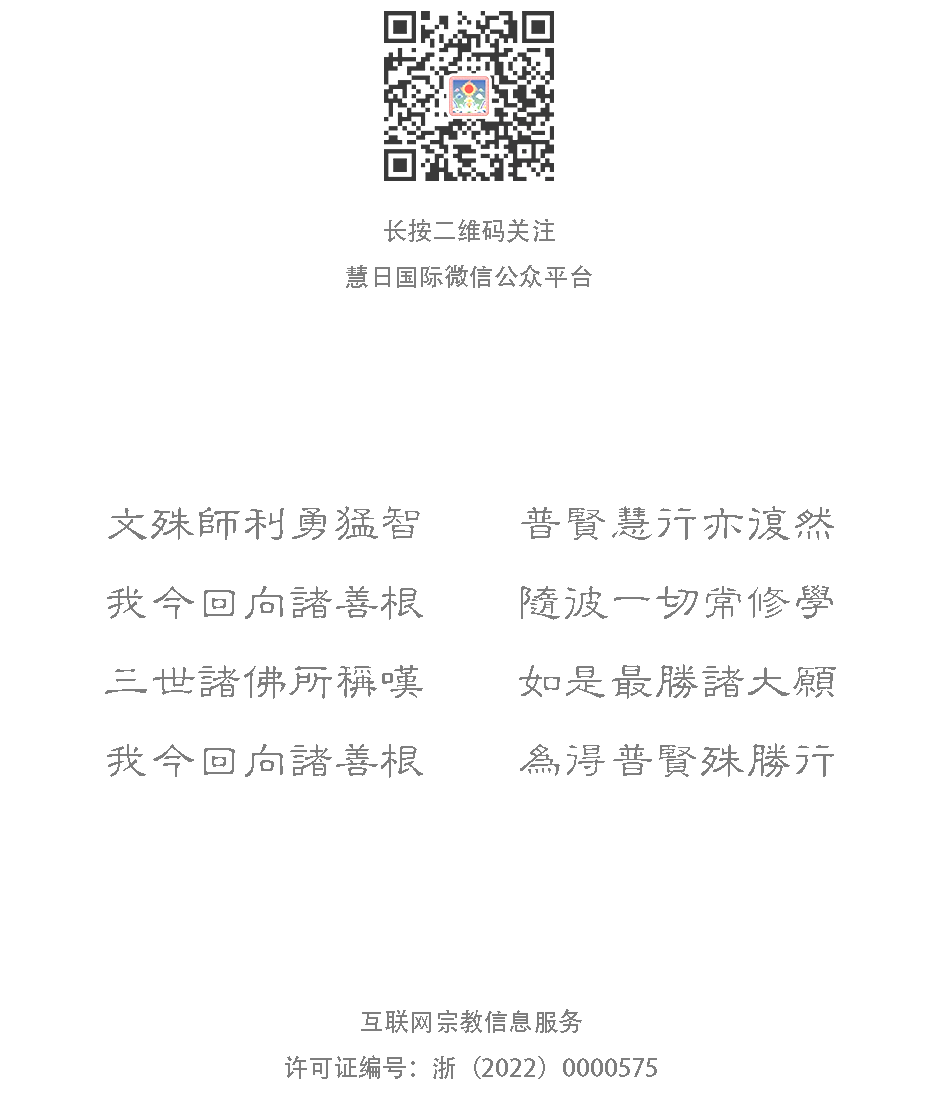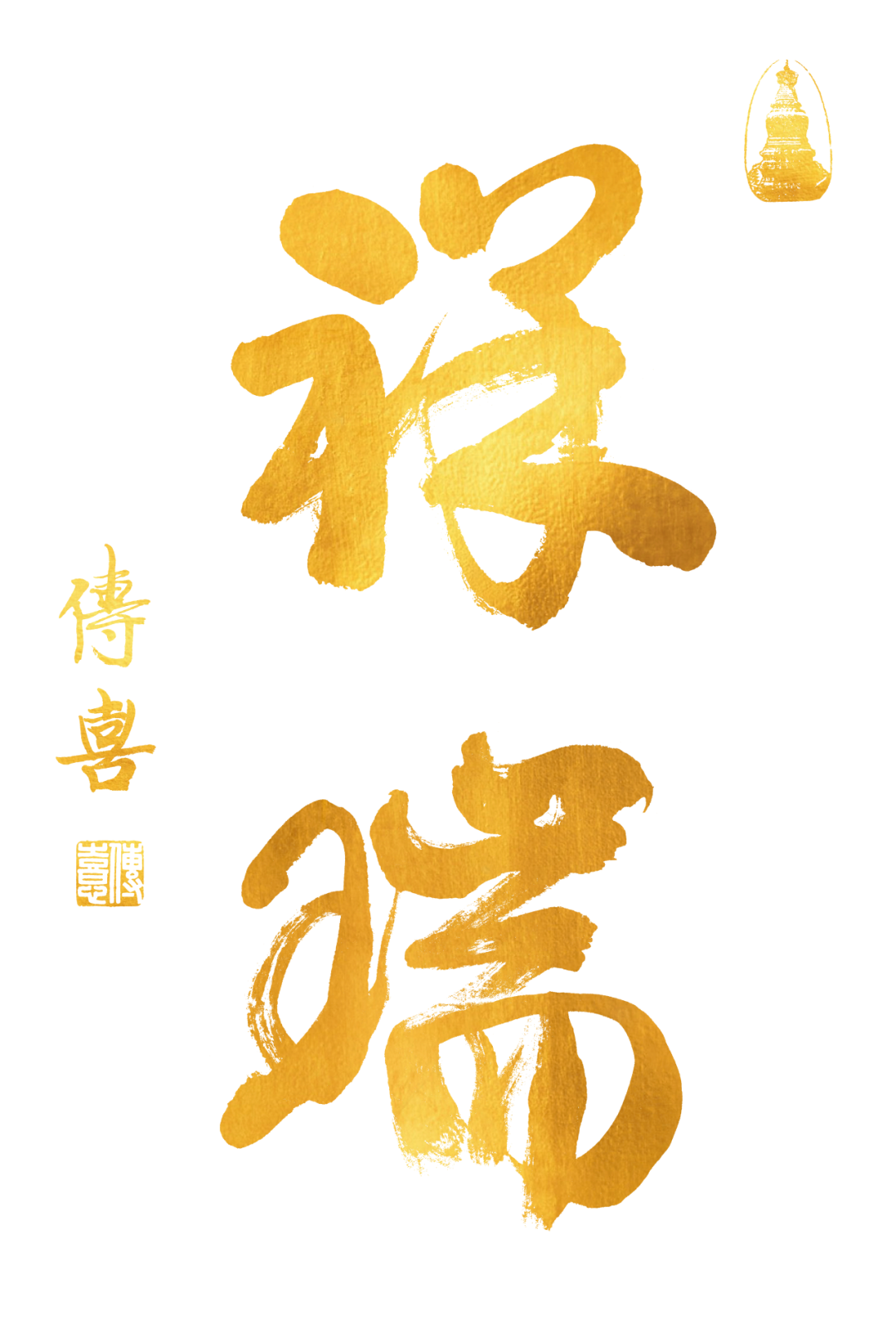送给您最美好的新年祝愿
"Non-self" is a state of being.

点击播放音频

冲出小我之壳
追随觉醒之道
在一个道场里,
我们能够振奋精神,重视早晚功课;
能够突破自己的惰性,
倾其身心地去修行;
能够从小我当中冲出来,能够随众,
在法中去洗礼调御自己,
这样,我们身心就会变得越来越清净。
这就跟摆脱轮回一样。
轮回是一个世界,解脱也是一个世界,
我们要跟着哪个世界走?
跟着轮回的节奏,就在轮回;
跟着解脱的这一条路走,就能迈向解脱。从现前、从我们当下来说,
我们是选择在个人的主观世界里,
还是舍下小我,
将“色身交给常住,性命托付龙天”,
这是需要我们去选择的,
如果能做到后者,那就没有这个“我”了。
性命
托
付
龙
天

色
身
交
给
常
住
Samsara is one world, and liberation is another. Which world will we follow? If we follow the rhythm of Samsara, we remain in it; if we follow the path of liberation, we embark upon it. In this very moment, we must choose whether to remain in our subjective world or to let go of the insignificant Self, "surrendering our physical body to the eternal and entrusting our life to the protection of celestial beings". This is the choice we must make. If we can do the latter, the "Self" will no longer exist.
“无我”是一种生命状态,
“无我”的人处于纯阳之态,更有安全感。
一个自私自利的人
总是蜷缩在自己小我的壳子里,
那业障怎么能消呢?无量劫来的罪业
所凝结的就是这个小我的壳子,
这就是罪证。
当我们用法的宝剑
去斩断我们自私的堡垒、
斩断烦恼丝的时候,
我们就置身于佛陀的光明之中,
就处于佛性的状态里面。
"Non-self" is a state of being. A person without self-attachment is in a pure, positive state, and experiences a greater sense of security. A selfish person is always curled up within the shell of their insignificant self—how can their karmic obstacles be removed? The sins accumulated over immeasurable kalpas have solidified into this shell of the insignificant self, which is the evidence of our sins. When we use the sword of Dharma to sever our selfish fortresses and cut through the threads of afflictions, we place ourselves in the Buddha’s light, residing in the state of Buddha-nature.

The deeper the attachment to the self, the thicker the shell of I becomes. The lighter the attachment and the view of the self, the more we harmonize with the Dharma, merge with the eternal, and blend into the Sangha. This increases the brightness of our Buddha-nature. One side binds us, while the other leads to liberation. Samsara arises from the affliction of the "self," while liberation comes from our awakening.
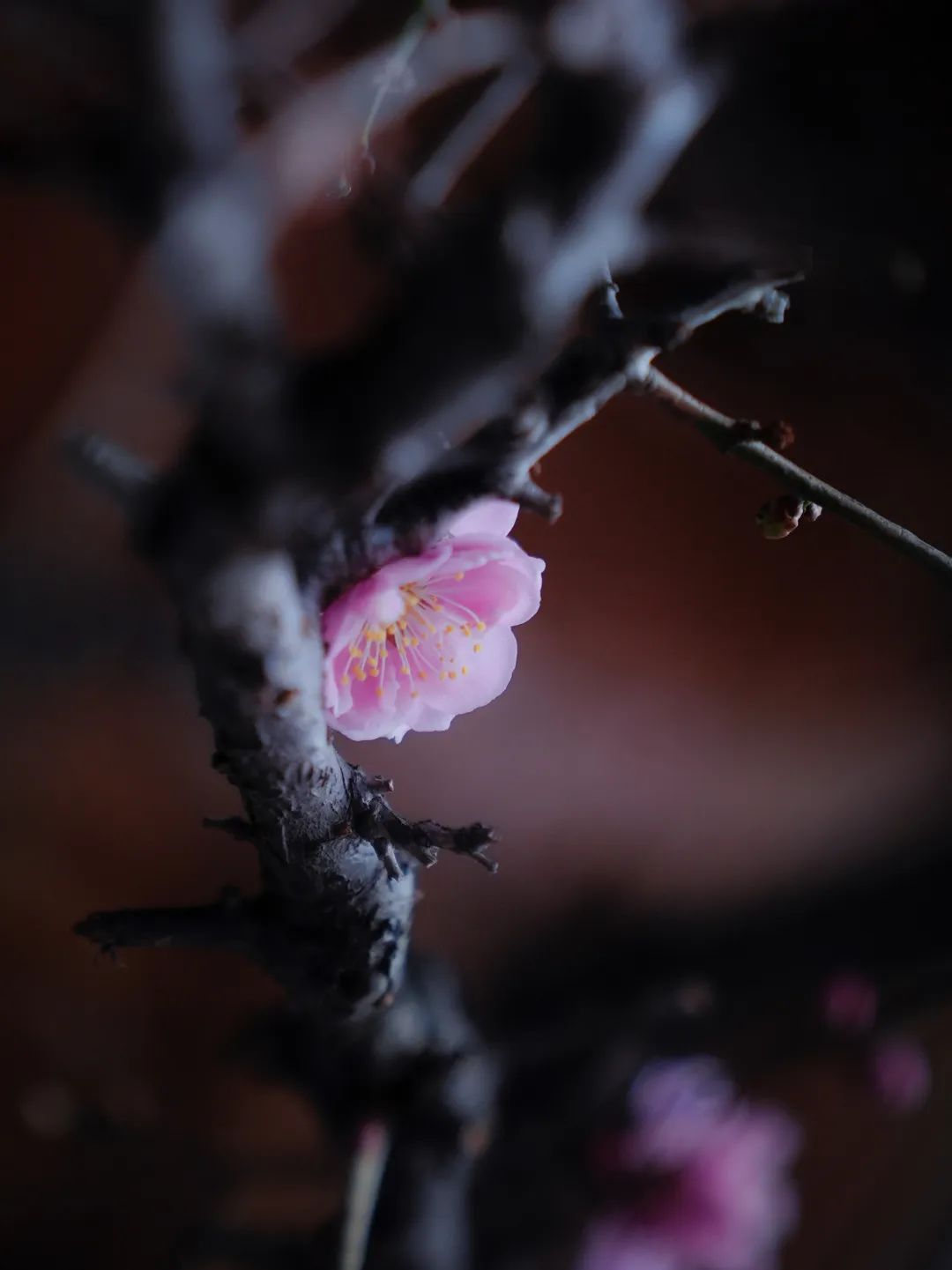
我执越深
我见越重
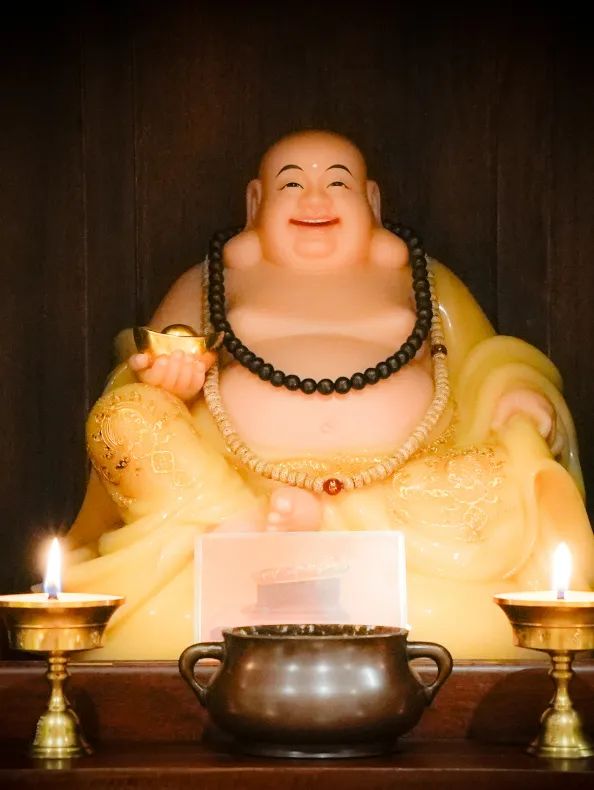
滑动查看更多

我执越深、我见越重,轮回的壳子就越厚;
我执、我见越轻,
我们就越能够随顺于法,
越能够融合在常住、融入在僧团里面,
那我们佛性的光明就越强。
一面是束缚,一面是解脱,
轮回是从“我”的这个烦恼里生出来的,
解脱也是从我们的觉醒里来的。

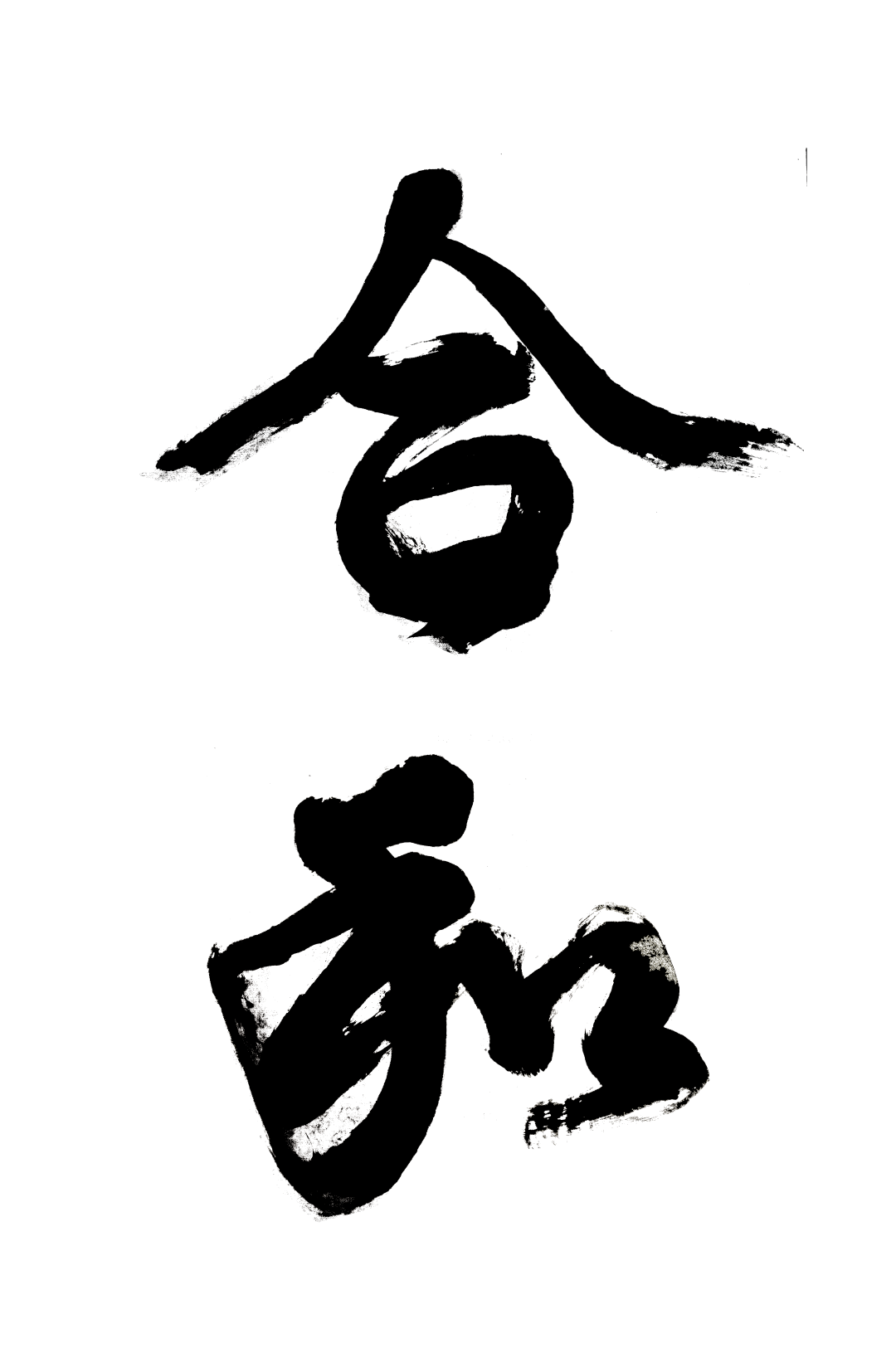

卸下我执我见
彰显心性佛性
所以这个我,我们出家人叫“和合众”。僧本来就是解脱相。什么是解脱相?和合众。也就是无我相,这才是和合众。无我相里面又分身见与见思烦恼。总的来说,我见、边见,不究竟的见甚至错误的见、邪见,对这个见的固执、执着,见取见,都是我们的障碍和束缚。
不论是戒法,还是禅定的法,法本来都是让我们解脱的。但是有时候我们不朝向解脱的这个本性,反而把法当成巩固我执、我见的一种理由,那它又会增上,又会变成另一种烦恼的心识。
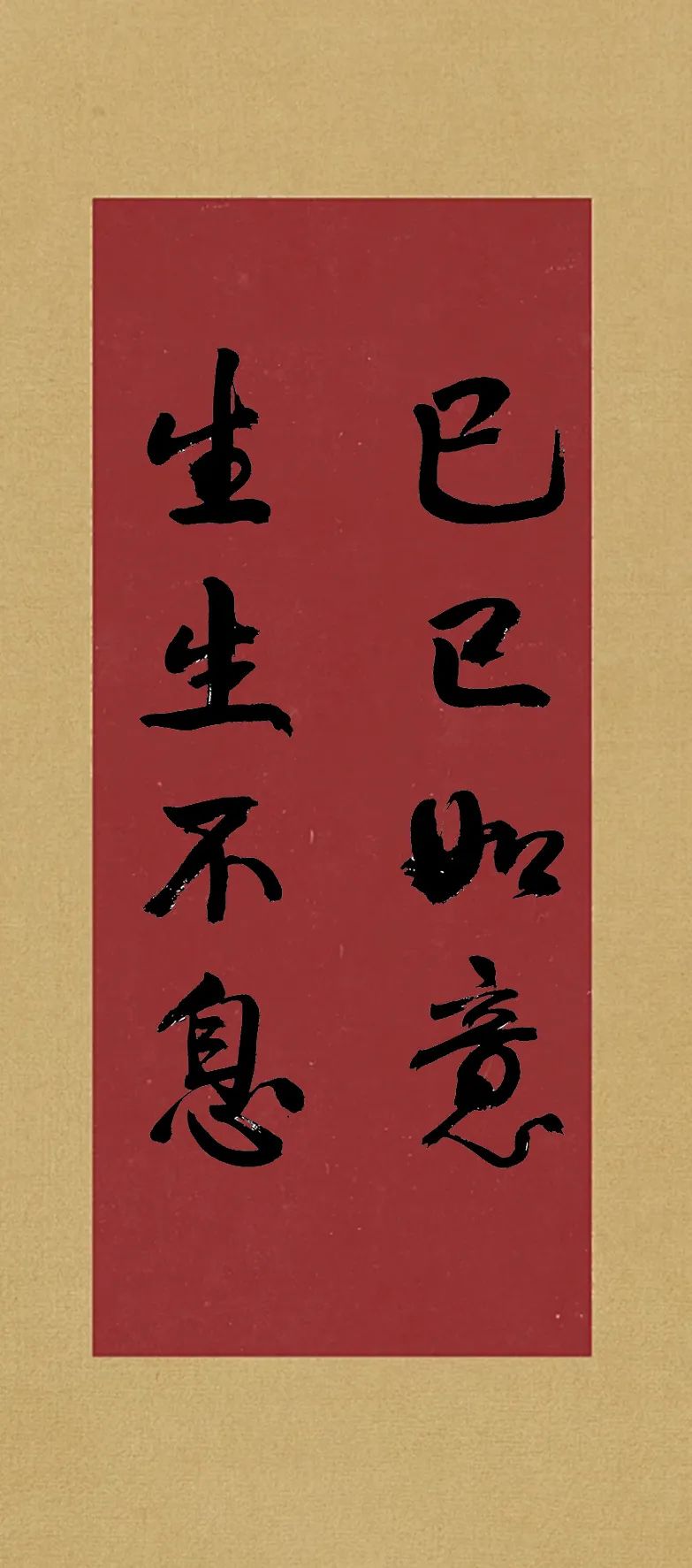


Whether it is precepts or meditation, Dharma is meant to lead us to liberation. However, sometimes we do not turn toward the liberating nature of the Dharma, instead, use it as a justification for solidifying attachment to self-view, which only increases our afflictions and becomes another form of deluded consciousness.
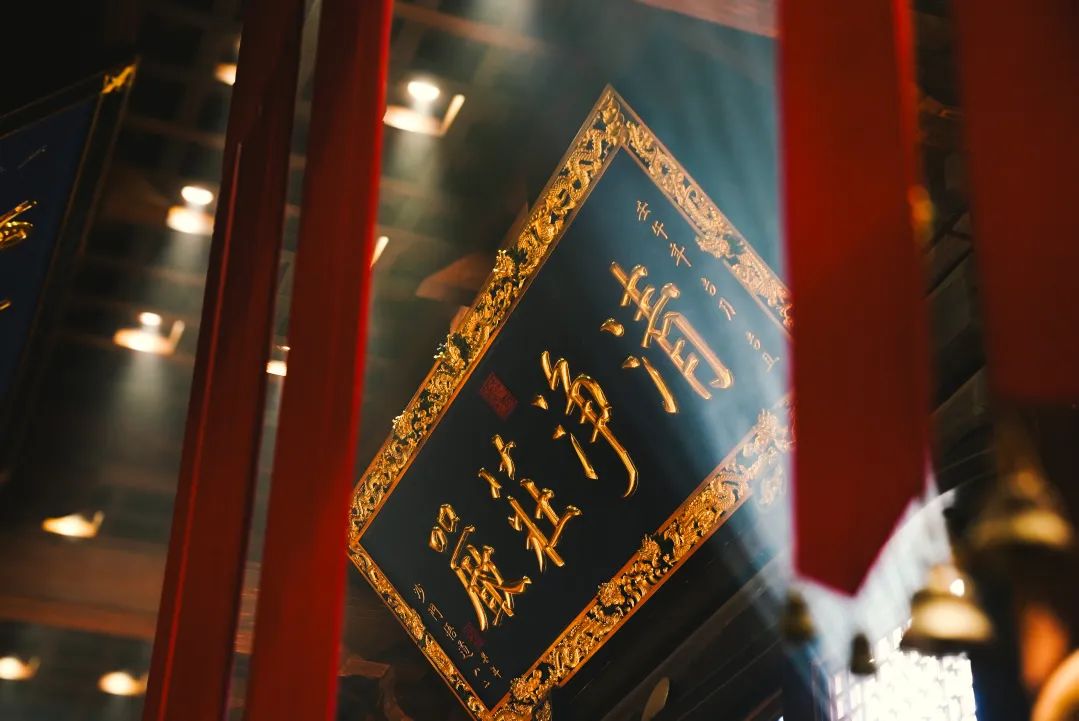
我们在禅堂里也一样,
要把我们的心性和佛性彰显出来,
要把我们所有错误的知见都打破掉,
把我们的邪定、不正定都要破掉,
要把我们的散乱,粗重的我执、身执,
各种烦恼都要放下。
所以,
禅堂实际上就具有戒、定、慧的这种功能,
具有如犍槌那种亲炙佛法的加持力。

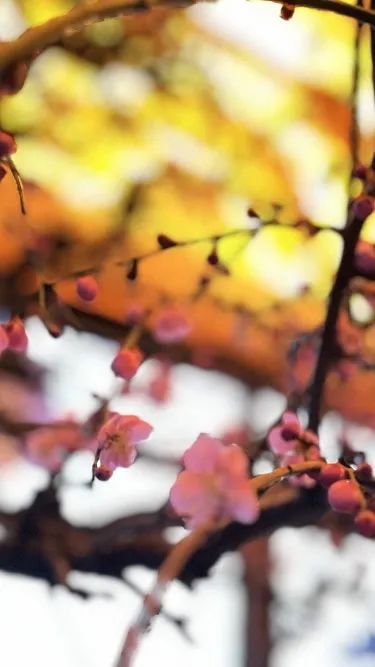
恒时精勤于法
融入觉照之光
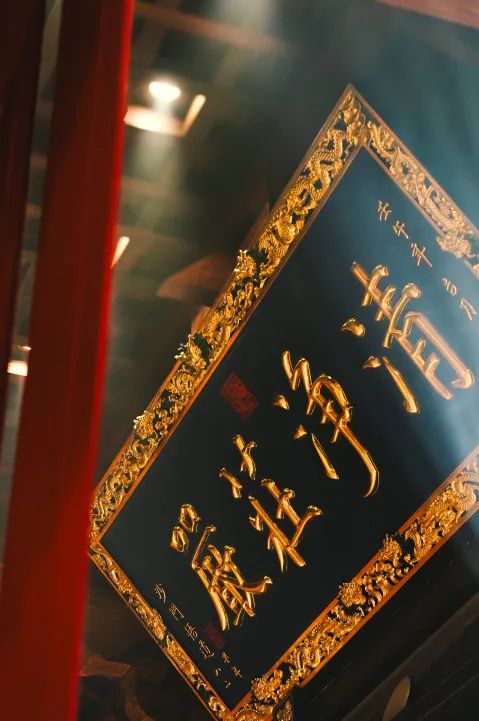

我们汉传佛教佛佛祖祖就是这样传下来的。实际上常住也是这样的,任何一个寺院,只要这个寺院心向于法,规矩里面都是会具有戒律的这种作用的。只要我们提起正念,这里面本身就具有戒、定、慧的功德。所以,我们无论在哪个道场,南方还是北方,只要我们精勤于法,我们的佛性总是会闪闪发光的,我们就会觉悟到佛性的光芒。
As long as we instil right mindfulness, it inherently carries the merits of precepts, samadhi, and wisdom. Therefore, wherever we practice—whether in the South or North—if we diligently follow the Dharma, our Buddha-nature will always shine, and we will awaken to the radiance of that Buddha-nature.
即使在我们生病的那一刻,在感染的那一刻,我们佛性之光也不会被遮盖掉的。这种觉照之光,古代人用“微芒”两个字来形容,就是微弱的光芒。这种光芒,每个人都具有的,只要我们回光返照,去细心察看,就会看到那种佛性的微芒,那个光芒,一直都在那儿,从来没变过。
Even in the moment of illness, in the moment of infection, the light of our Buddha-nature will not be obscured. This luminous awareness was described by ancient sages as "微芒" (a faint glow). This light exists in everyone; as long as we turn inward and carefully observe, we will see this faint Buddha-nature light, which has always been there, never changing.
所以,最美好的新年祝愿还是祝愿我们在修行上、菩提道上得到进步,于无上佛法现前的生命中得到受用,再把我们吉祥的心灵状态以美好的祝愿回向天下,回向我们的宗亲,回向有缘者,回向护法龙天,这才是最有价值的。
Thus, the best New Year’s wish is for us to make progress on the path of practice and Bodhi, to benefit from the supreme Dharma in our lives, and to dedicate our auspicious state of mind with beautiful blessings to the world, to our family members, to those with whom we share an affinity, and to the Dharma protectors. This is the most valuable wish.
——三参法师
San Can Master
英文翻译:妙莲(新加坡)
英文朗诵:贤迦




